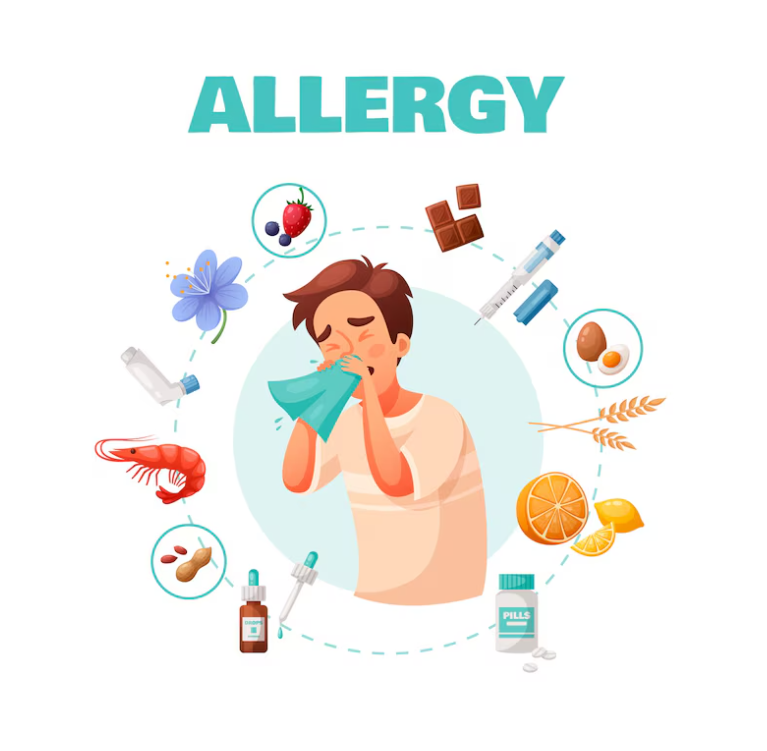
Identifying Common Allergens That Trigger Anaphylaxis
Introduction:
Anaphylaxis is a severe allergic reaction that can be triggered by various allergens. Understanding these common triggers is essential for preventing and managing anaphylactic reactions. Let’s explore some everyday allergens that can lead to anaphylaxis.
- Food Allergens: Many foods can cause anaphylaxis in susceptible individuals.
online pharmacy buy augmentin with best prices today in the USA
Common food allergens include peanuts, tree nuts (such as almonds, cashews, and walnuts), shellfish, fish, milk, eggs, soy, wheat, and sesame seeds. Even small traces of these allergens can trigger a severe allergic reaction.
- Insect Stings: Insect stings from bees, wasps, hornets, yellow jackets, and fire ants can also trigger anaphylaxis in some people. For individuals with insect sting allergies, even a single sting can lead to a severe allergic reaction.
- Medications: Certain medications can cause allergic reactions that may progress to anaphylaxis. Common culprits include antibiotics (such as penicillin and cephalosporins), non-steroidal anti-inflammatory drugs (NSAIDs), aspirin, and chemotherapy drugs.
- Latex: Latex is a common allergen found in rubber products such as gloves, balloons, condoms, and medical devices.
online pharmacy buy celexa with best prices today in the USA
People with latex allergies can experience anaphylaxis upon exposure to latex-containing products.
- Exercise-Induced Anaphylaxis: In rare cases, physical activity or exercise can trigger anaphylaxis, particularly when combined with specific food allergens or environmental factors.
online pharmacy buy ventolin with best prices today in the USA
Exercise-induced anaphylaxis is more common in individuals with underlying allergies or asthma.
Preventing Anaphylactic Reactions:
To prevent anaphylaxis, individuals with known allergies should:
- Avoid known allergens and read food labels carefully.
- Carry an epinephrine auto-injector (e.g., EpiPen) and know how to use it.
- Wear medical alert bracelets or carry allergy cards to inform others of their allergies.
- Be cautious when trying new foods or medications, and seek medical advice if unsure.
Conclusion:
Knowing the common allergens that can trigger anaphylaxis is crucial for individuals with allergies and their caregivers. By avoiding known allergens, carrying emergency medication, and being prepared to respond to allergic reactions, individuals can reduce the risk of anaphylaxis and stay safe.
To seek medical advice, always consult a Doctor. Here are our recommended EXPERTS. Click here
To read more on SKIN. Click Here


